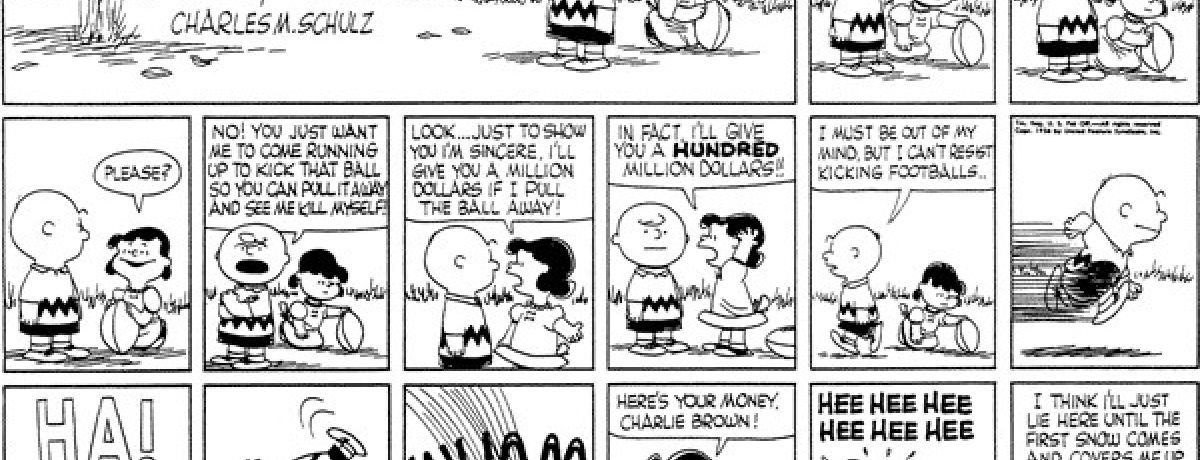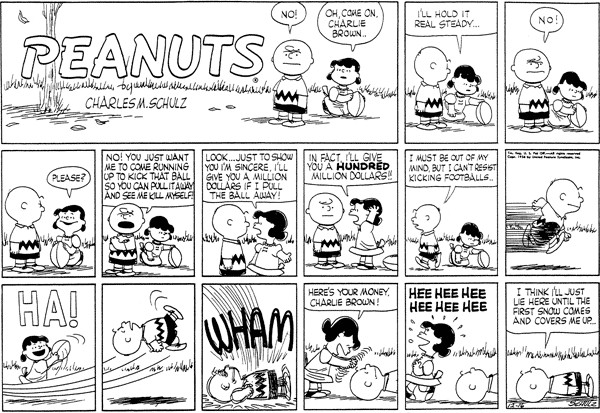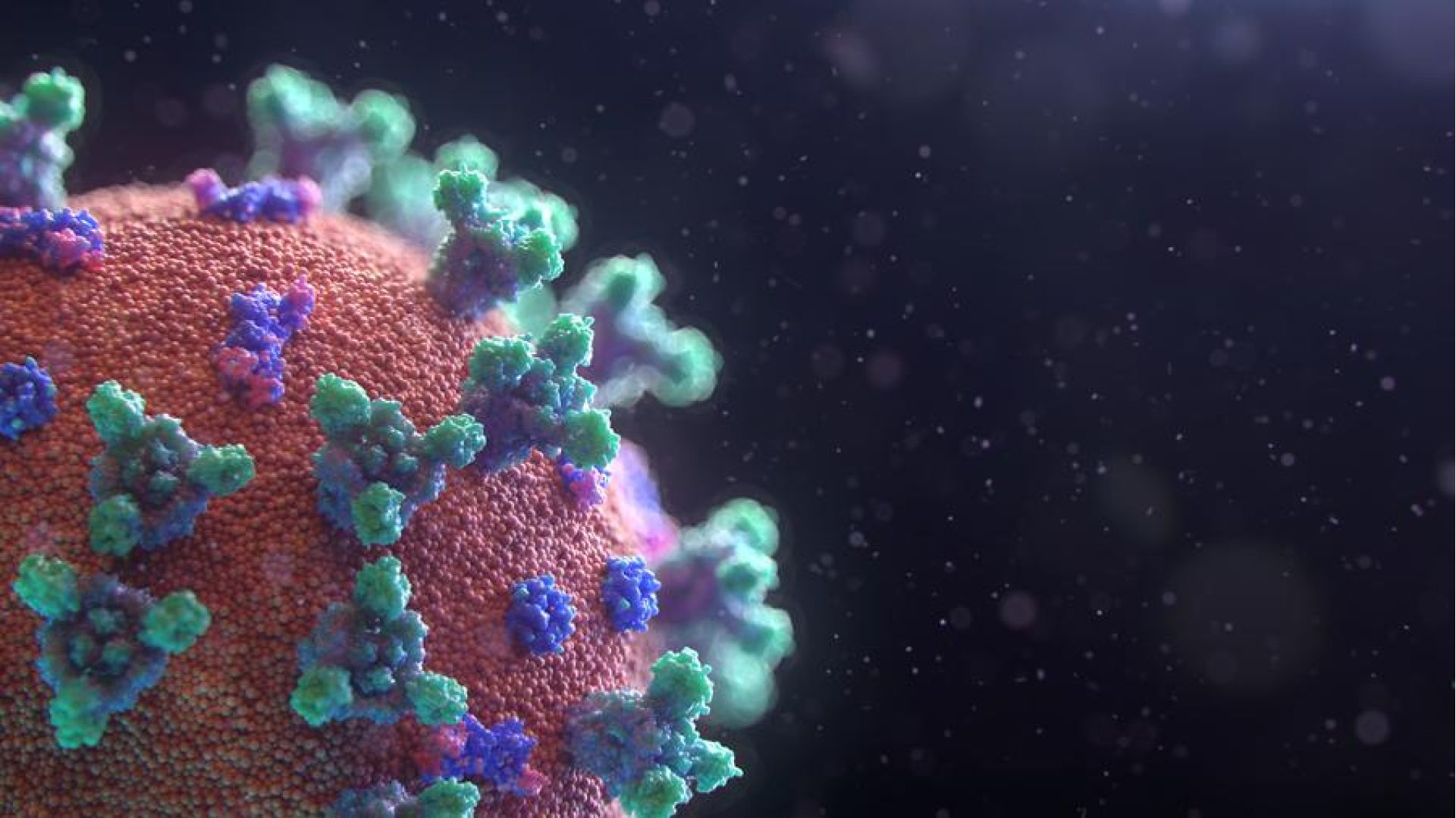
Growing Beyond Cynical Lucy with the Football And Charlie Brown With The Blind Optimism.
"The biggest mistake most people make is to not see themselves and others objectively, which leads them to bump into their own and others’ weaknesses again and again." - Ray Dalio
People are who they are. We're best off when we see people as they really are and interact with them accordingly.

Life is Hard. Business is Challenging. The World is Uncertain.
Leaders, freelancers, and entrepreneurs: Get stories & systems, for navigating the challenges, in your inbox.
When we engage with people, blinding ourselves to who they really are, and instead operating as who they could be (potential) or who we want them to be, we open ourselves up to deep frustration and the buildup of resentment.
For example, if you are having a discussion with me and you constantly insult me, misrepresent me, twist my words, and spread rumors about me, that tells me something about who you are and what you are doing. This person is ultimately interacting with a false perception of me. They build a caricature, and they engage with that imaginary person (which is not me). This is an error of the cynical Lucy (from the Peanuts comic strip).
I can accept that information and operate accordingly. Or, I can ignore it all and instead look at that person as if they operated how I wanted: being kind, accurately representing my perspective, and telling the truth about me. In the same way someone caricatures me in a way that makes me worse than I am, I would be doing the same thing in reverse; caricaturing someone as better than they are.
It's helpful to see that they are engaging in an incomplete or caricatured version of me while I, the authentic me, watch. If you are engaging with a caricature, we're fooling ourselves. And we're going to get frustrated in our engagements constantly. This is the error of the blind optimist. And this is Charlie Brown.

Peanuts, December 16, 1956
If you're not familiar with the comic, Lucy constantly offers Charlie Brown the opportunity to kick the football. And Charlie Brown always takes her up on the opportunity to kick the ball. But every time Charlie Brown gets to the ball, Lucy pulls it away and revokes his opportunity while Charlie crashes to the ground.
Lucy has her many reasons for pulling the football, but ultimately, Charlie Brown fools himself over and over, hoping Lucy won't do what she always does. And he constantly suffers for his choice. Charlie Brown has the opportunity to see Lucy as someone who will always pull the football away, and chooses not to accept this reality. His denial keeps the game going.
And that's the opportunity blind optimists have, with the Lucys in our lives. Choosing to ignore and NOT engage with the Lucy-types who will pull away the football gives us more energy and allows us to actually demonstrate compassion and enforce boundaries.
Without recognizing that we keep falling for Lucy's trick, there's not much hope for you or me. But once we do embrace this reality and shed the illusion, we can engage with Lucy appropriately, removing our time and effort with them and giving it instead to others who will actually value the interactions.
In Summary
I asked Google Gemini to simplify the idea so a 5-year-old could understand the idea I've explained above. Here's what it said.
Sometimes people don't act like we want them to. If you have a friend who always grabs your toys, you might get sad or mad. Even if you hope they'll share, they keep grabbing. It's like expecting a puppy to fly. It's not going to happen, and you'll be disappointed.
It's much better to see people as they are and then decide how you want to play with them. Instead of hoping they'll change, it's better to play with other friends who are good at sharing. That way, you're happier and you get to play with your toys.
Additional Resources
Escaping Self-Deception
The idea of seeing clearly and shedding rose-colored glasses so we can navigate reality effectively is a topic in one of my Share Life Academy workshops with Jim Karwisch. You can check it out here or watch it below.


